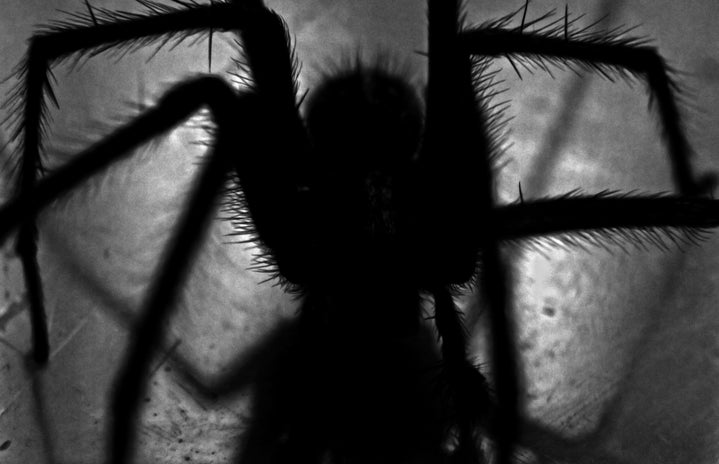With Halloween coming up, we’re about to see a lot of funny costumes and a lot of not so funny costumes, such as costumes that appropriate cultures.
What is cultural appropriation? The Oxford Dictionary defines it as “the unacknowledged or inappropriate adoption of the customs, practices. ideas. etc.of one people or society by members of another and typically more dominant people or society.” To boil it down, it’s when someone “adopts” something from a culture that is not their own. But there’s a difference between cultural exchange and cultural appropriation. Cultural exchange is mutual, appropriation is not. Cultural appropriation specifically referred to a typically more dominant people or society and notes that the adoption is either unacknowledged or inappropriate.
The reason why cultural appropriation is an issue is because of what it tells the people and societies that have been historically oppressed. It tells us that only parts of us are acceptable, but everything else isn’t. You can profit off of some parts of our culture that you deem trendy, you can copy the styles that you think are “cool” but we still aren’t enough. We won’t be enough to be completely accepted. We won’t be enough to be deemed as equal. The point is that the more marginalized people or society do not get a say in what is being taken; the people who do appropriate the culture often do so without knowing what the importance is to that culture and that’s just disrespectful. Dr. Adrienne Keene of Native Appropriation helps to explain it by saying “you are pretending to be a race that you are not and are drawing upon stereotypes to do so.” Yes, it is argued that cultural appropriation can go the other way too, women of color will straighten their hair, which is the argument Marc Jacobs had in 2016 after he used dreadlocks on mainly white models. But, on the other hand of that argument, there is a reason why women of color feel the need to straighten their hair and it’s only recently that this stigma is somewhat shifting. Women of color have been told that their natural hair looks “unprofessional” and that’s because of what society deems “appropriate and accepted.”
Photo courtesy of Pixabay
With Halloween coming up, sometimes we’ll see costumes with sombreros or rice hats or a sexy geisha, people will paint their face a different color and those are some examples of cultural appropriation that are blatantly offensive. In order to help determine whether or not your costume is appropriate or cultural appropriation, here are some questions you can ask yourself.
Does it involve making your face a different color to look like a different race?
Maybe you’re doing this for “accuracy.” But if your answer is yes, then you should take some time to do some research and google the history of black/yellow face and see what you find.
Is there a name of a cultural group or ethnicity in the costume?
Maybe you want to be a sexy geisha, or something like that, even if it’s called the “fun” or “sexy” version, it’s not fun to make a sexy version of a person’s actual culture. Especially if there are physical components to the costume that may contribute to the culture or if there’s a historical basis of the real version of the costume, you’re making something someone values into a different version of its original importance.
Is it a specific “exotic” character from a culture and/or history you’re not part of?
Although you might think you’re honoring the culture, people from these cultures and times periods do not wear $30-60 polyester get ups or a DIY costume that took 2 hours to make.
Are you doing a play on words or being “meta” and making fun of a stereotype?
Just because you see it as a “joke” or “clever” doesn’t mean that the people who are affected by that stereotype find it funny. It’s not your joke to make because you haven’t been the brunt of the joke, ever.
If you’re still unsure if your costume is appropriate, maybe just don’t wear it. It’s better to be kind and considerate to the people around you who you may be insulting, than to say that you had an amazing costume at the risk of seriously disturbing other students. There’s so much beauty in other cultures and we can really take the time to learn and appreciate them in a way that’s respectful to the people who belong in that culture.



